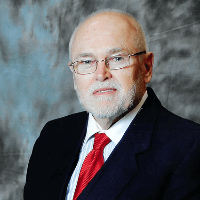 Port Isabel White Collar Crime Lawyers, Texas
Port Isabel White Collar Crime Lawyers, Texas
Sponsored Law Firm
-
 x
x

Click For More Info:
-
Law Office of Robert R. Jones III
2411 Emancipation Ave, Suite 202, Houston, TX 77004» view mapCriminal Defense Expert Representation for Reasonable Rates
If you need representation, call me 24/7.
800-883-8760
Not enough matches for Port Isabel White Collar Crime lawyer.
Below are all Port Isabel Criminal lawyers.
Sponsored Lawyers
1-10 of 51 matches
Divorce & Family Law, Bankruptcy & Debt, Estate, Criminal, Accident & Injury
Mr. Phillippe has been licensed to practice law in the state of Texas since 1983. He helps his clients with Family Law, Accident & Injury, Criminal, Bankruptcy and Probate matters.
(more)Accident & Injury, Criminal, Mass Torts
Proudly taking accident & injury and criminal cases out of Brownsville, Texas and the surrounding areas.
(more)


 Robert Jones San Antonio, TX
Robert Jones San Antonio, TX AboutLaw Office of Robert R. Jones III
AboutLaw Office of Robert R. Jones III Practice AreasSpecializations
Practice AreasSpecializations


